By Csaba Kiss
Located about 200 km from Paris, Le Mans has been one of the international centers of automobile and motor sports since 1923, the year when the legendary 24 hours race was first organized. The 24 Hours of Le Mans completely changed the life of the town, until then mostly famous for its cathedral. In time, the races brought by glory, success, failures and tragedies for the competing teams and their drivers.Therefore, in the 1950s the idea to open a museum hosting objects related to the region’s car industry and to the race track came to life. Finally, the Musee Automobile de la Sarthe was open to the public fifty years ago in 1961, then, after several reconstruction works, two years ago, it received its final, modern shape that can be seen today.
The complex permanent exhibition of the Le Mans 24 Hours Museum not only consists of more than 100 exhibited automobiles, but it also gives an insight of the race’s history and a glimpse of the most important events in the history of the competition.
If the visitor follows the official guidelines, the first exhibition to be visited is the Hall of Fame, presenting the 24 most important personalities of the 24-hours race. The dark corridor is special, not only due to the glass panels placed on its both sides and lighted from beyond, but also due to the fact that next to each of these panels, there is a souvenir-object related to the personality presented. Thus, in the glass windows one can see the legendary hat of Ettore Bugatti, one of Ferry Porsche’s Le Mans winner model cars, while next to Enzo Ferrari there is the engine of a sports car.
In the next exhibition hall, there is an interactive model of the circuit, a life-scene with several race-car scale models, as well as a large number of press articles, photos and videos evoking the traditions of the race. The first vehicles displayed are not extravagant race cars, but old fire trucks, ambulances and fuel-transport vehicles, which is an homage to the thousands of people involved in the organization of the competition.
However, for all the visitors, the most interesting items exhibited are the race cars displayed one after another, on both sides of the long corridor that leads out of the Le Mans 24 Hours Museum. Although they didn’t manage to get the winner of the first race, in 1923, the Chenard & Walcker race car itself, at the very beginning of the sector one car with the same chassis and engine opens the extraordinary series. The second winner, the Bentley 3-Litre Sport which was victorious in 1924, is part of the exhibition that displays more than ten original race cars that were first to cross the finish line of the 24 hours race. Among them a few Porsche race cars, the brand with the most wins here. During 2011, the 50th anniversary of the museum was celebrated with several events, and one of them was a special exhibition dedicated to this German manufacturer with 16 successes at Le Mans.
On the other hand, the exhibited objects are not only related to the race, they rather present a complex image of the city’s car industry and the French motor history. In one of the halls, there are on display prototypes and special cars with alternative propulsion systems, like the Krieger A155 from 1908, which was driven by two electric engines, or the Socema Gregoire of 1952 driven by a gas-turbine. Also, among the automobiles built before the First World War, evoking the legendary era of automobiles, one can see the works of the manufacturer Bollée, or the coachbuilder Gaudichet & Turquet – both of them used to have their headquarters in Le Mans. The oldest Bollée car exhibited at the 24 Hours Museum, the La Mancelle, was built in 1878 and is driven by a vapor engine.
For more information, visit the Le Mans 24 Hours Museum website.
Le Mans 24 Hours Museum – Photo Gallery (click image for larger picture and description)
[nggallery id=361 images=15]
[Source: Csaba Kiss]


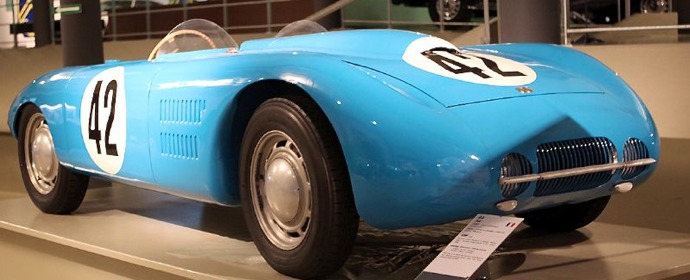
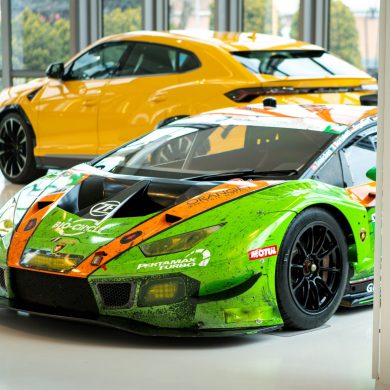
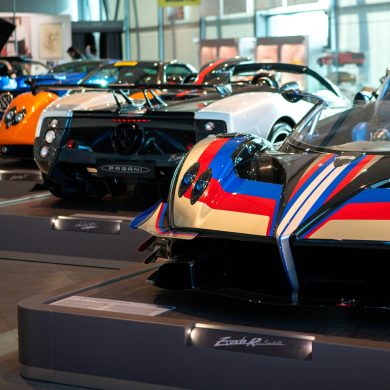
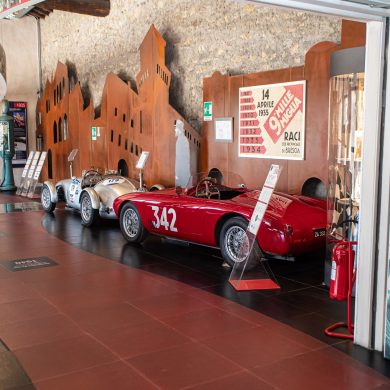
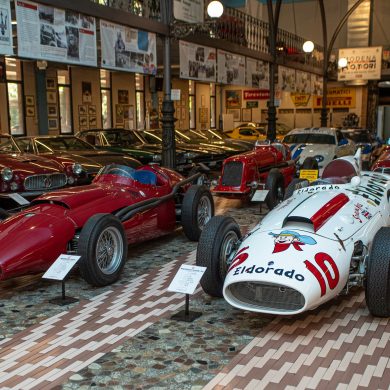
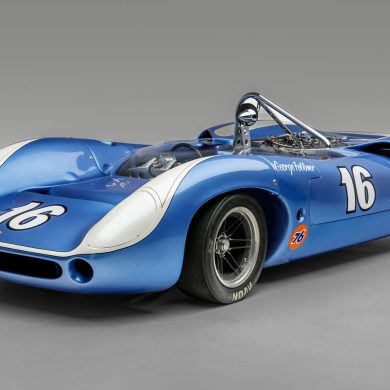
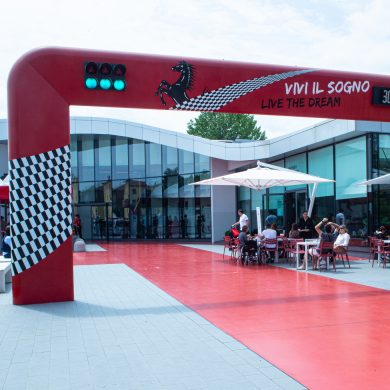


Bonjour Monsieur, Je m’appelle Christopher Chadwick, je suis le mari de Sabine Fonteix (decede’e) et le bon fils de Dr Pierre Antoine Fonteix. Depuis longtemps j’ai visitee votre musee’ pour voir la voiture Delahaye de Pierre,.c’etait en1980 je pense. Pourriez-vous me dire si la voiture est encore la’. Mon Avocat est Maitre J.F.Vitse de Dunquerque. J’ai oublie’ la couleur et l’age de cette voiture mais j’ai des interet dedans… Merci.